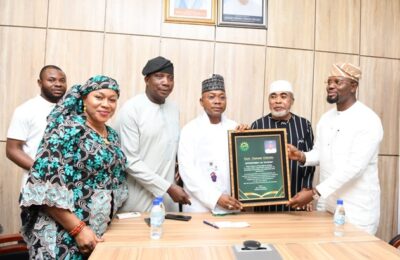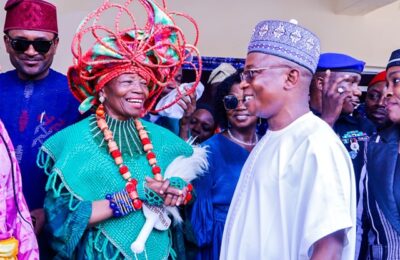In Kogi East, the truth has ceased to whisper—it now roars in muted anguish beneath the ruins of political vanity and parochial fragmentation. The perennial inquiry reverberating across the plains of Idah to the hinterlands of Ankpa remains unrelenting: who among the Igala possesses the moral gravitas and visionary audacity to reclaim the future? Yet, the answer transcends personality cults or partisan alignment; it resides within the collective conscience of a people estranged from their own communion of purpose.
Once the undisputed epicentre of Kogi’s political calculus, the Igala nation now drifts in ideological dissonance, crippled by a hierarchy that has abandoned the covenant of reciprocity between leadership and the led. The aristocrats of the echelon, perched in comfort and abstraction, have grown deaf to the groans of their grassroots—those whose fidelity once constituted the lifeblood of Igala ascendancy. In their detachment, they have become monarchs without memory, rulers without reach.
A comparative lens magnifies this decay. The Yoruba, despite internal variances, exhibit an organic symmetry between political intellect and communal sentiment. The Tiv, through their robust traditional frameworks, sustain a unifying ethos that converts diversity into direction. Meanwhile, the Igala polity has devolved into a theatre of transactional loyalty, where alliances are brokered in the dim corridors of personal ambition rather than in the luminous chambers of collective interest. Political dialogues have become soliloquies of the powerful, while the periphery of society listens in enforced silence.
The trajectory forward demands more than electoral arithmetic—it demands a renaissance of relational governance. The forthcoming Igala governor must not merely administer but reconcile: bridging the widening chasm between the patricians and the peasants, the elites and the ordinary faithful, the ancestral wisdom of the elders and the innovative restlessness of the youth. Power must return to its primordial essence—as service consecrated by empathy, not as privilege purchased by proximity.
Governance, in its truest sense, is a covenant, not a coronation. The grassroots must no longer be treated as the expendable footnotes of political essays written in urban ink. The real revolution is relational—the restoration of trust between the ruler and the ruled, the pulpit and the palace, the intellect and the instinct of the people. For it is only in the confluence of these currents that leadership finds legitimacy.
The impending transition will not be determined by the weight of one man’s ambition but by the unity of an entire nation’s conviction. Should Kogi East persist in its fratricidal politics of ego and exclusion, it will remain an empire of echoes—speaking loudly, yet heard by none. But if humility returns to the high table, if consultation replaces condescension, and if partnership becomes the lingua franca of politics, the Igala nation may yet rise from its political necrosis.
In the end, the question is not who will govern but what principle will prevail—self-aggrandizement or sincere collaboration. The pendulum of power will continue its restless oscillation until Kogi East learns that destiny bows only to unity. For power divorced from partnership is impotence disguised as authority—and no civilization, however ancient, survives long on that illusion.
– Inah Boniface Ocholi writes from Ayah – Igalamela/Odolu LGA, Kogi state.
08152094428 (SMS Only)




